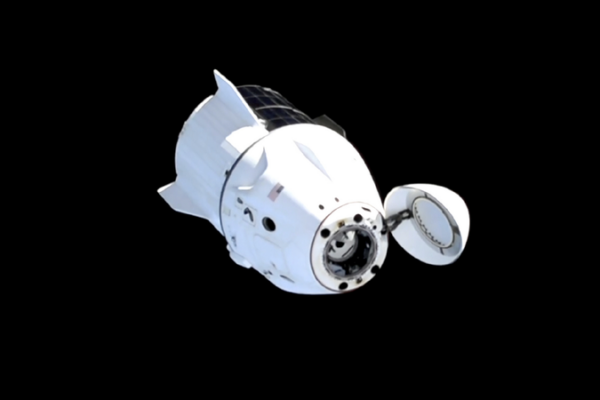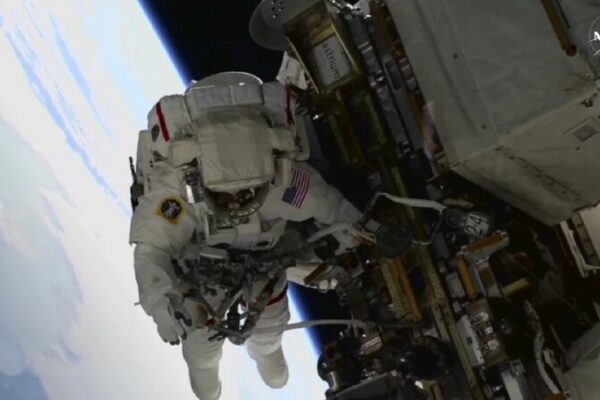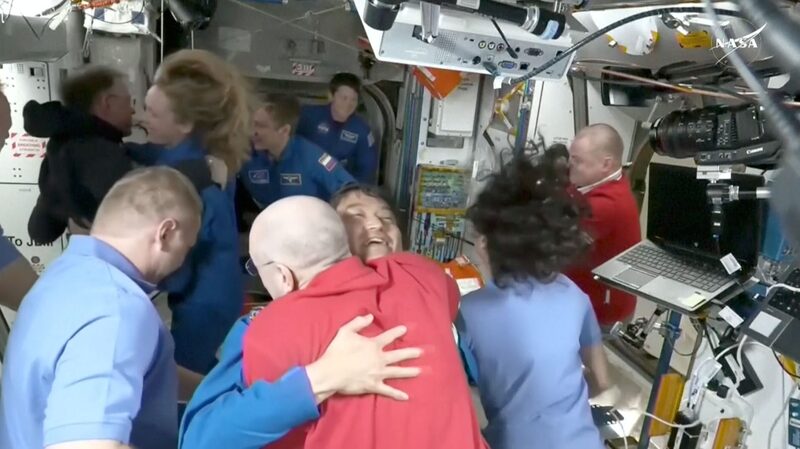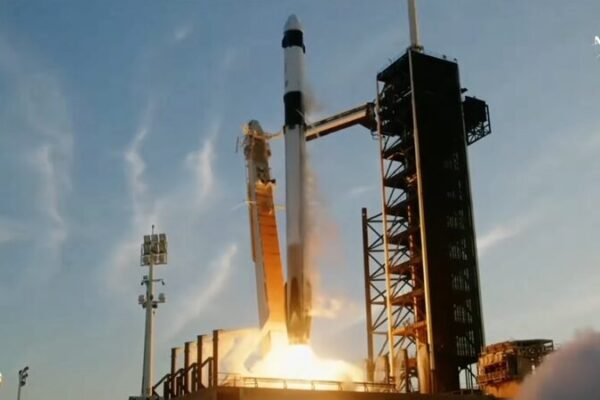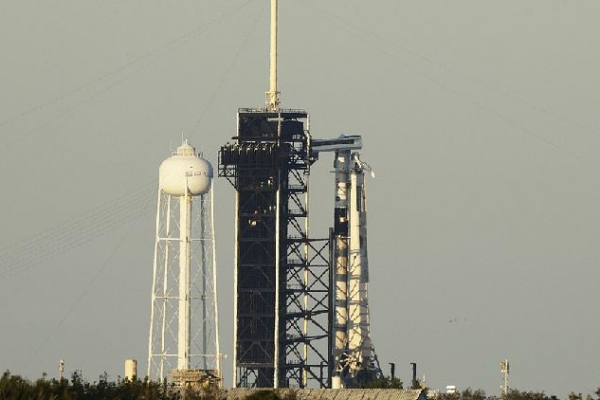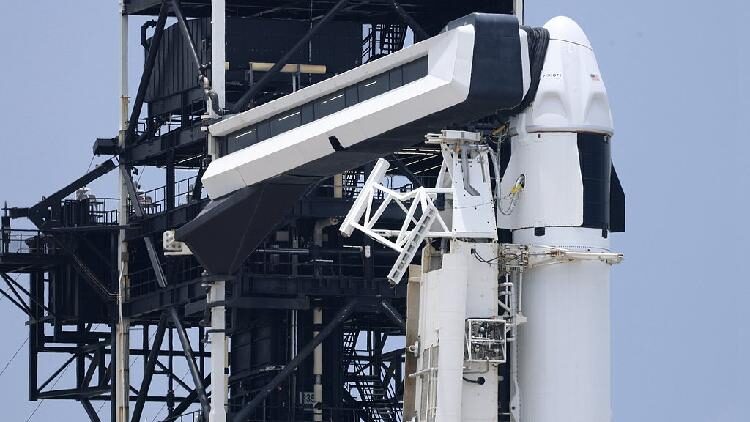“We all own this.” That’s how NASA astronaut Butch Wilmore summed up the collective responsibility for the failed Boeing Starliner mission that unexpectedly kept him and fellow astronaut Suni Williams aboard the International Space Station (ISS) for nine extra months.
Originally slated for an eight-day test flight launching on June 5, 2023, the mission turned into a 286-day stay when the Starliner’s thrusters failed and helium leaks were detected during the journey to the ISS. The malfunctions forced NASA to deem the spacecraft unsafe for their return.
At a press conference held at Johnson Space Center in Houston, Wilmore candidly addressed the mission’s shortcomings. “I’ll start and point the finger and I’ll blame me. I could have asked some questions and the answers to those questions could have turned the tide,” he admitted. Emphasizing teamwork, he added, “All the way up and down the chain. We all are responsible. We all own this.”
The astronauts are scheduled to meet with Boeing leadership to discuss technical issues. Despite the setbacks, both Wilmore and Williams remain optimistic about the Starliner’s future. “We’re going to rectify all the issues… We’re going to make it work,” Wilmore affirmed, saying he’d fly again “in a heartbeat.”
Williams echoed his sentiments, stating they’re “all in” to ensure the spacecraft’s success. After finally returning to Earth on March 18 via SpaceX’s Crew Dragon, both astronauts reflected on their extended mission.
“It’s great being back home after being up there,” Williams shared, describing her reunion with her Labrador retrievers as “pure joy.” Wilmore lightheartedly mentioned his plans, saying, “My wife wants to replace all the shrubs in our yard before summer. So I’ve got to get my body ready to dig holes.”
NASA has plans to conduct ground tests for the Starliner’s propulsion system this summer, with potential uncrewed test flights as early as 2026 before reconsidering human missions. As the ISS approaches its retirement in five years, NASA continues to support its dual-provider strategy with Boeing and SpaceX, despite Starliner’s challenges and development costs surpassing $2 billion since 2016.
“We had a very unique perspective of being in the spacecraft—nobody else had that perspective,” Williams noted, underscoring their crucial role in improving the Starliner. Their upcoming meeting with Boeing aims not for blame, but to “make the path clearer going forward,” Wilmore stressed.
Reference(s):
'We all own this': NASA astronauts talk about failed Starliner mission
cgtn.com

